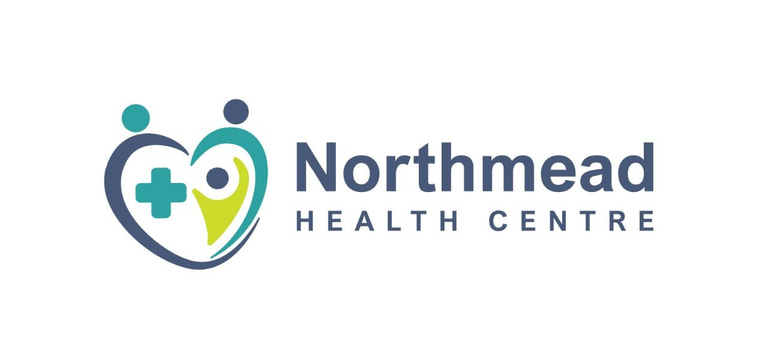Signs Your Child Might Benefit from Speech Therapy
As your child embarks on the magical journey of language acquisition, you witness every delightful "baba" and "mama"
12/18/20232 min read


Does Your Little Chatterbox Need a Boost? Signs Your Child Might Benefit from Speech Therapy
As your child embarks on the magical journey of language acquisition, you witness every delightful "baba" and "mama" with a proud parent's heart. But sometimes, the path to eloquent expression can have unexpected bumps. So, how do you know if your little chatterbox might need a helping hand from a speech therapist? Let's delve into the subtle signs that could indicate the need for a little extra support.
Early Milestones: What to Expect
By age 18 months, most children can understand simple instructions, say a few words clearly, and use gestures like pointing to communicate. Between 2 and 3 years, their vocabulary explodes, sentences blossom, and they engage in basic conversations. However, if your child lags behind these milestones, it's worth exploring with a healthcare professional.
Red Flags to Watch Out For:
Here are some key signs that might suggest your child could benefit from speech therapy:
Limited babbling or vocalizations: By 6 months, most babies babble and coo with excitement. If your child doesn't exhibit any vocal communication by 12 months, it's advisable to seek guidance.
Delayed understanding of simple words and instructions: Does your child seem confused by basic requests like "bring me your toy" or "clap your hands"? Difficulty understanding simple directions at age 2 could be a sign of receptive language challenges.
Speech delays or unclear pronunciation: Difficulty saying common sounds like "s," "m," or "b" by age 2, or struggling to form simple words clearly, might indicate articulation issues.
Limited vocabulary and sentence structure: If your child's vocabulary at 2 years old is less than 20 words, or they aren't using two-word phrases by 18 months, it's worth consulting a specialist.
Stuttering or disfluencies: While occasional stuttering is normal in young children, persistent stuttering (3 or more repetitions of sounds or syllables) that persists for over 6 months might require intervention.
Remember, every child develops at their own pace. These are just red flags, not definitive indicators. If you notice any of these signs, especially a combination of them, don't hesitate to discuss your concerns with your pediatrician. Early intervention through speech therapy can provide invaluable support for your child's language development and ensure they bloom into confident communicators.
Taking the Next Step:
If your child needs speech therapy, don't worry! Speech therapists are skilled professionals who create personalized programs to address specific speech and language challenges. They employ playful strategies and engaging activities to make learning fun and effective, helping your child develop strong communication skills.
Embrace the Journey:
Remember, supporting your child's language development is a collaborative effort. By observing the signs, seeking professional guidance when needed, and providing a nurturing environment rich in conversation and sensory experiences, you can empower your little chatterbox to find their voice and confidently express themselves.

